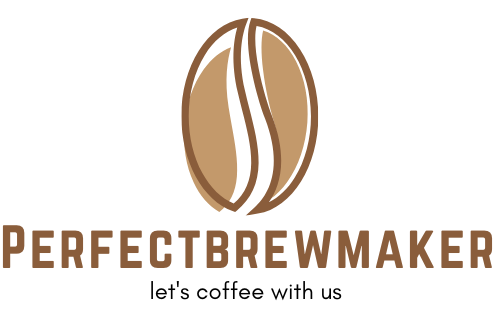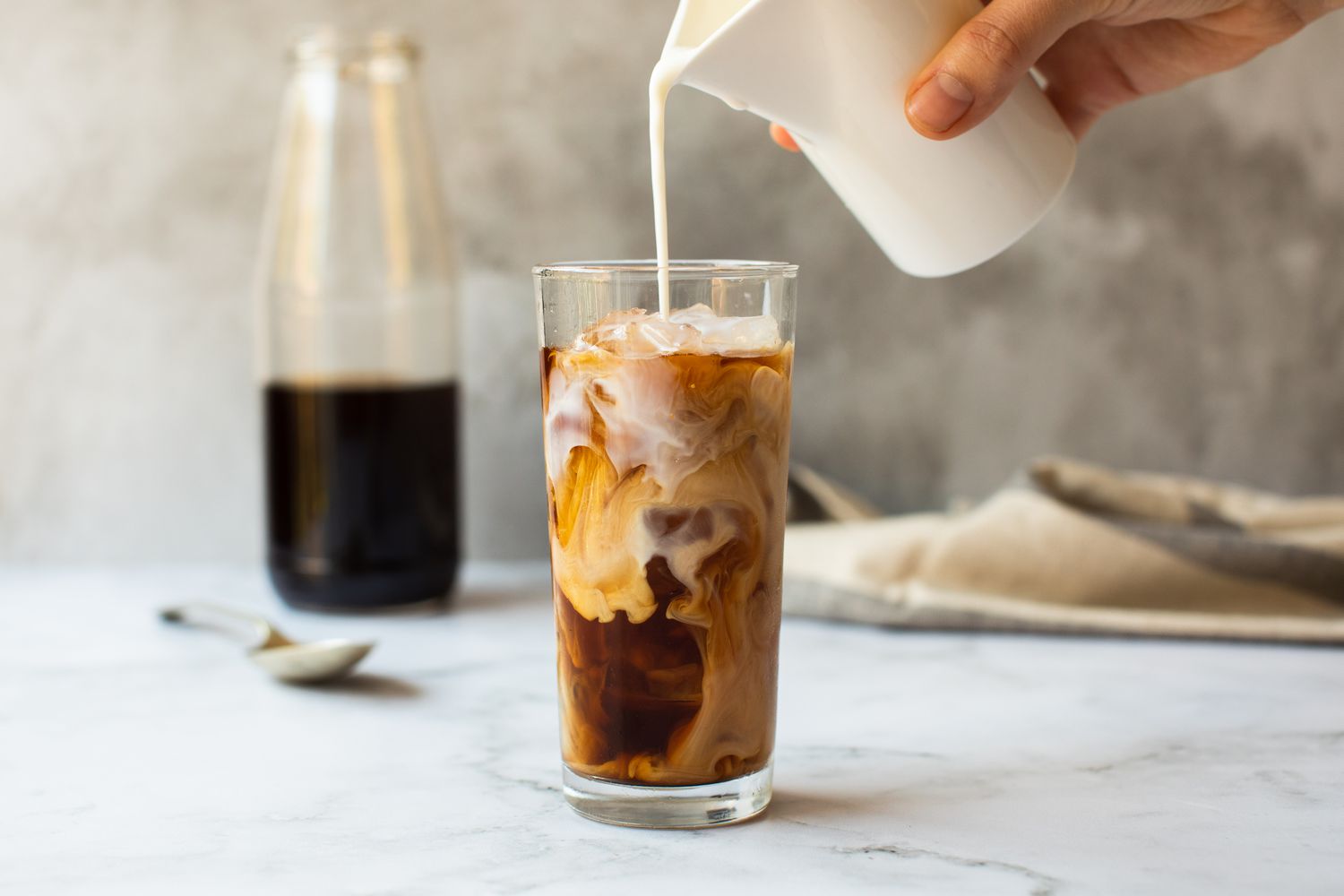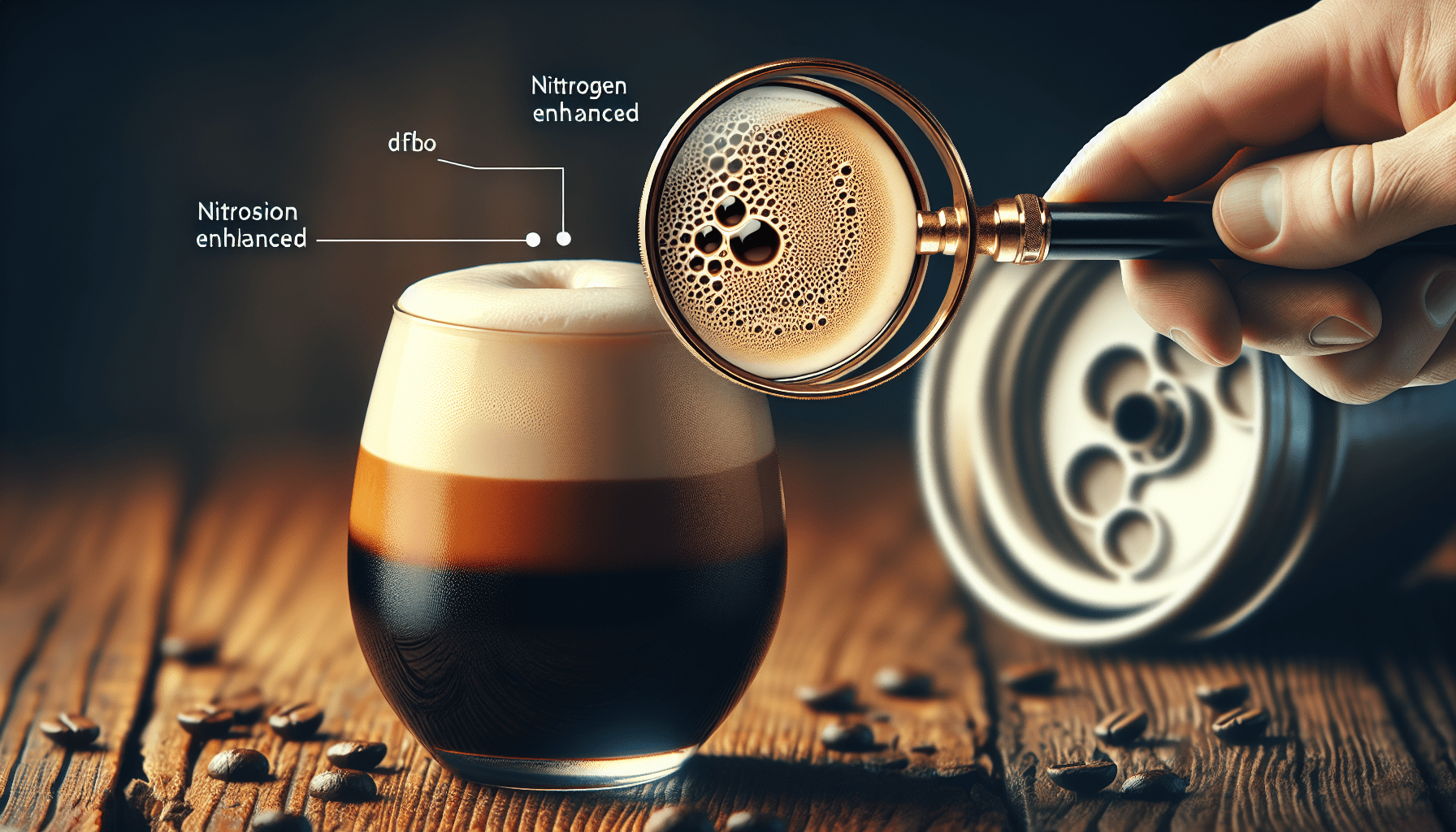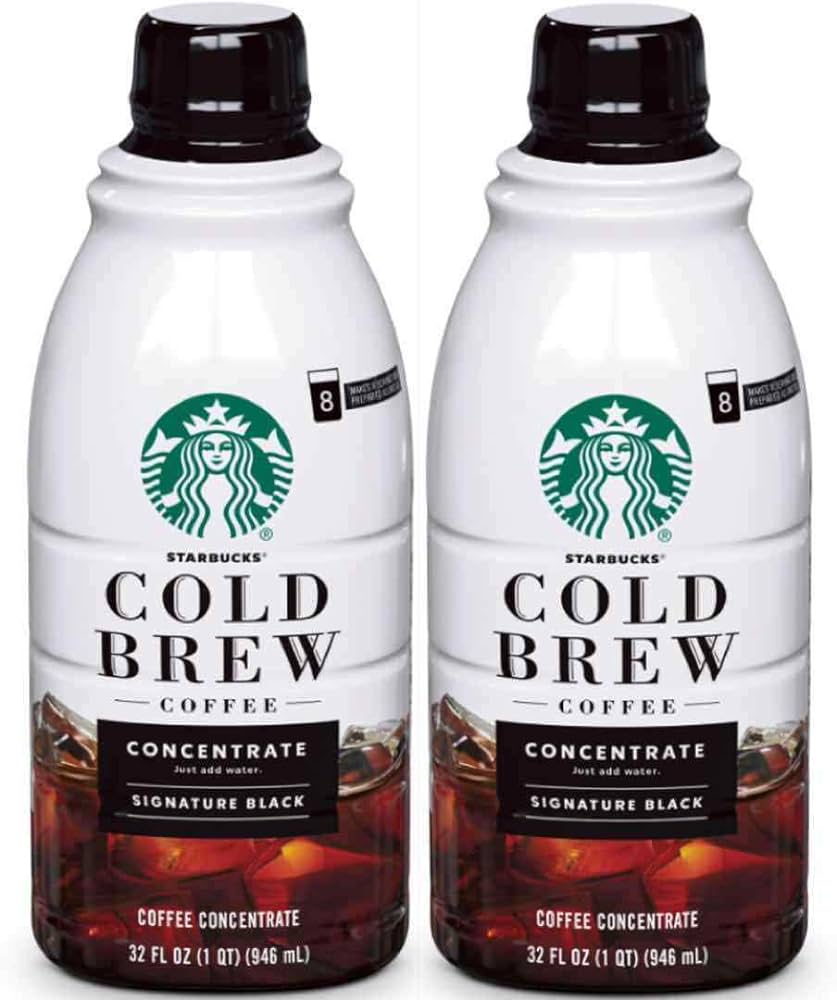Drinking cold brew coffee has gained popularity in recent years, with many people claiming it to be smoother, less acidic, and overall more enjoyable than traditional hot brewed coffee. But what about drinking cold brew made with a cold brew maker? Does it offer any specific health benefits? In this article, we will explore the potential advantages of using a cold brew maker to create your cold brew concoctions and how it can positively impact your overall well-being. So, grab your favorite mug and let’s uncover the health benefits of indulging in a refreshing cup of cold brew made with a cold brew maker.
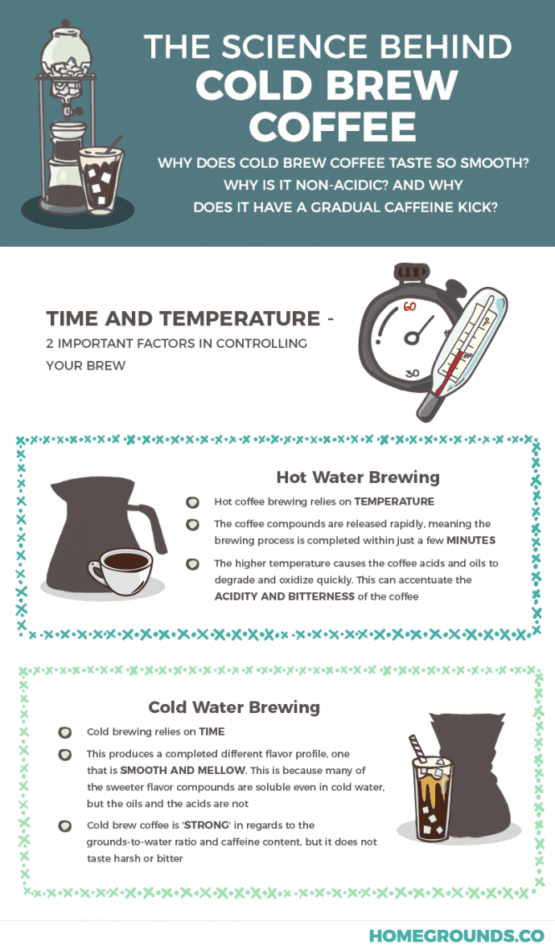
What is cold brew coffee?
Definition
Cold brew coffee is a beverage made by steeping coffee grounds in cold water for an extended period of time, typically between 12-24 hours. This results in a smooth and flavorful coffee concentrate that can be diluted with water or milk when served. Unlike traditional brewing methods, which involve hot water extraction, cold brew relies on time to extract the flavors and compounds from the coffee grounds.
Brewing process
To make cold brew coffee, coarse coffee grounds are combined with cold water in a container. The grounds are left to steep in the water for an extended period, usually at room temperature or in the refrigerator. After steeping, the mixture is filtered to separate the coffee concentrate from the grounds. The resulting concentrate can then be diluted with water or milk according to personal preference.
Introduction to cold brew makers
Explanation of cold brew maker
A cold brew maker is a device specifically designed to simplify the process of making cold brew coffee. It typically consists of a vessel for steeping the coffee grounds, a built-in filter for easy straining, and a lid or cap for storage. Cold brew makers can vary in design, but they all aim to facilitate the steeping and filtering process, making it more convenient for coffee lovers to enjoy homemade cold brew.
Advantages and disadvantages of using a cold brew maker
Using a cold brew maker offers several advantages for coffee enthusiasts. Firstly, it simplifies the process of making cold brew, eliminating the need for manual filtering with a separate device or cheesecloth. The built-in filter ensures a smooth and sediment-free brew, while the vessel’s design allows for easy storage and refrigeration of the coffee concentrate.
However, there are some potential disadvantages to using a cold brew maker. Some models may have limited capacity, producing a smaller quantity of cold brew compared to manual methods. Additionally, cold brew makers can be an additional expense, especially if you already have the necessary materials for manual brewing. It’s important to weigh these factors when deciding whether a cold brew maker is the right option for you.

Comparison with traditional brewing methods
Differences between cold brew and hot brewed coffee
Cold brew and hot brewed coffee differ in terms of flavor, acidity, and brewing process. Hot brewed coffee is made by pouring hot water over coffee grounds, resulting in a shorter extraction time and a more pronounced aroma. On the other hand, cold brew is made by steeping coffee grounds in cold water for a longer period, resulting in a smoother and less acidic taste.
Health implications of different brewing methods
The brewing method used can impact the health benefits of coffee. Traditional hot brewing methods tend to result in higher acidity levels, which can be problematic for individuals with acid reflux or sensitive stomachs. Cold brew, with its lower acidity, may be a more suitable option for those with digestive sensitivities. It’s worth noting that while cold brew may have lower acidity, it still contains caffeine and other compounds that may affect individuals with certain health conditions, so moderation is key.
Health benefits of drinking cold brew coffee
Reduced acidity
One of the main health benefits of cold brew coffee is its reduced acidity compared to hot brewed coffee. The extended steeping process of cold brew results in the extraction of fewer acidic compounds, making it less likely to cause acid reflux or digestive discomfort in individuals with sensitive stomachs.
Less bitterness
Cold brew coffee tends to have a smoother and less bitter taste compared to hot brewed coffee. This can be particularly appealing to individuals who find the bitterness of traditional coffee off-putting. By steeping the coffee grounds in cold water, the extraction process is gentler, resulting in a milder and more balanced flavor profile.
Potential for lower caffeine content
While cold brew coffee is not inherently caffeine-free, the brewing process may result in a lower caffeine content compared to hot brewed coffee. The longer steeping time of cold brew allows for a slower extraction of caffeine from the coffee grounds, potentially resulting in a less stimulating effect. This can be beneficial for individuals who are looking to reduce their caffeine intake but still want to enjoy a cup of coffee.
Antioxidant properties
Coffee is known to be a rich source of antioxidants, which have various health benefits. Cold brew coffee retains these antioxidant properties, offering potential protection against cellular damage and reducing the risk of certain chronic diseases. Regular consumption of cold brew coffee, as part of a balanced diet, can contribute to overall antioxidant intake.
Digestive benefits
The reduced acidity and smoother taste of cold brew coffee can be beneficial for individuals with digestive issues, such as acid reflux or stomach ulcers. Cold brew is believed to be gentler on the digestive system, minimizing the risk of triggering symptoms or exacerbating existing conditions. However, it’s important for individuals with specific digestive concerns to consult with their healthcare provider to determine the best approach for their individual needs.

Exploring the effects of brewing temperature
How brewing temperature affects coffee properties
The brewing temperature plays a crucial role in the extraction of flavors and compounds from coffee grounds. Hot brewing methods, such as drip brewing or espresso, involve water temperatures between 195-205°F (90-96°C). This high temperature allows for a quicker extraction, resulting in the characteristic aroma and flavor of hot brewed coffee.
On the other hand, cold brew is made using cold or room temperature water, typically around 40-70°F (4-21°C). The lower temperature slows down the extraction process, resulting in a different flavor profile that is smoother, less acidic, and often less bitter than hot brewed coffee.
Impact on health benefits
The brewing temperature can impact the health benefits of coffee. As mentioned earlier, cold brewing generally results in a lower acidity level, which can benefit individuals with acid reflux or sensitive stomachs. The reduced bitterness of cold brew may also make it more palatable for those who find hot brewed coffee too bitter.
While both hot and cold brewed coffee retain antioxidant properties, the temperature at which coffee is brewed may affect the specific types and amounts of antioxidants present. Therefore, the choice between hot and cold brew coffee may depend on the specific health benefits a person is seeking.
Factors to consider when using a cold brew maker
Quality of coffee beans
The quality of the coffee beans used can greatly impact the flavor and overall quality of the cold brew. It is recommended to choose high-quality, freshly roasted coffee beans for the best results. Consider experimenting with different coffee bean origins and roast levels to find your preferred flavor profile.
Grind size
The grind size of the coffee beans is crucial for proper extraction when making cold brew. Coarser grind sizes are generally recommended for cold brew to prevent over-extraction and bitterness. Experiment with different grind sizes to find the one that provides the desired flavor and strength in your cold brew.
Brewing duration
The duration of the steeping process can vary depending on personal preference and desired strength. Most cold brew recipes recommend steeping for 12-24 hours, but some coffee enthusiasts prefer longer or shorter steeping times. It’s important to note that steeping for too long can result in over-extraction and a bitter taste, while too short of a steeping time may result in a weaker flavor.
Water-to-coffee ratio
The ratio of water to coffee grounds is another important factor to consider when making cold brew. Different ratios can yield varying strengths and flavors. A common starting point is a ratio of 1:4, meaning one part coffee grounds to four parts water. However, feel free to adjust the ratio to suit your personal taste preferences.
Storage and shelf life
Proper storage of cold brew coffee is essential to maintain its quality and freshness. After brewing, store the cold brew concentrate in an airtight container in the refrigerator. This will help prevent oxidation and maintain flavor. Cold brew can typically be kept in the refrigerator for up to two weeks, but its flavor may gradually change over time.

Who might benefit from drinking cold brew made with a cold brew maker?
Individuals with acid reflux or sensitive stomachs
Cold brew coffee’s reduced acidity makes it a suitable option for individuals with acid reflux or sensitive stomachs. By minimizing exposure to acidic compounds, cold brew can provide a gentler coffee-drinking experience without triggering discomfort.
People who prefer milder tasting coffee
For those who find traditional hot brewed coffee too bitter or overpowering, cold brew offers a milder and less acidic alternative. The smooth and balanced taste of cold brew can be appealing to individuals who enjoy a more subtle coffee flavor.
Those seeking to reduce caffeine intake
Cold brew may be a suitable option for individuals looking to reduce their caffeine intake. While cold brew is not caffeine-free, its potential for lower caffeine content compared to hot brewed coffee may be advantageous for those who are more sensitive to caffeine or wish to limit their overall consumption.
Possible risks and considerations
Increased risk of bacterial contamination
The cold brew brewing process, which involves steeping coffee grounds in water for an extended period at a relatively low temperature, can create an environment conducive to bacterial growth. It’s crucial to follow proper brewing and storage practices to minimize the risk of bacterial contamination. This includes using clean equipment, proper filtration, and refrigeration of the cold brew concentrate.
Potential for higher levels of diterpenes
Diterpenes are natural compounds found in coffee that can contribute to an increase in cholesterol levels. Cold brew has been found to contain higher levels of diterpenes compared to hot brewed coffee. While the impact on health is still being studied, individuals with specific health concerns may want to moderate their consumption or opt for hot brewed coffee instead.
Individual sensitivities and allergies
As with any food or beverage, individual sensitivities and allergies should be taken into account. Some individuals may be sensitive to certain compounds or allergens present in coffee. It’s important to be aware of any personal sensitivities or allergies and consult with a healthcare professional if you have any concerns.
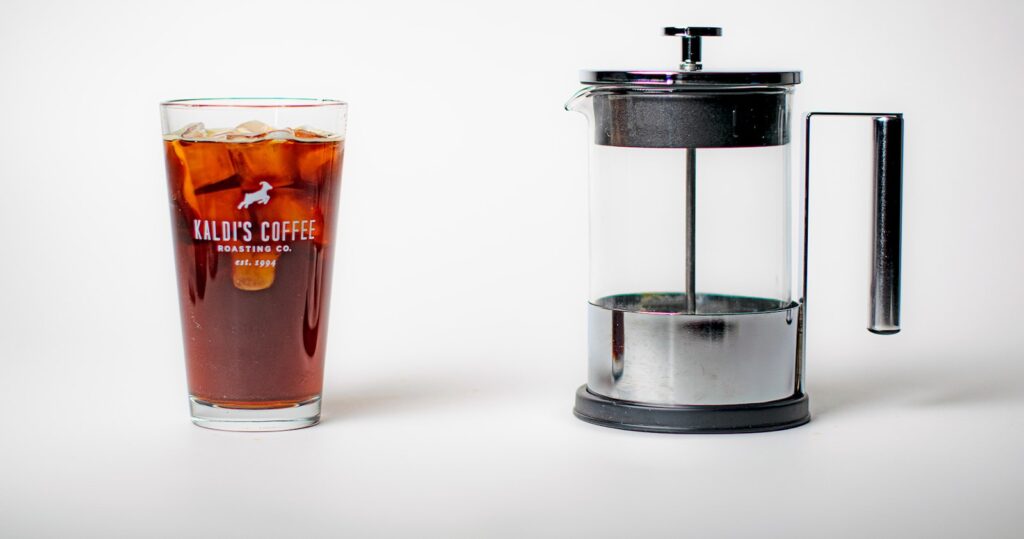
Additional considerations for health-conscious consumers
Choosing organic coffee
Opting for organic coffee can be beneficial for health-conscious consumers. Organic coffee is grown without the use of synthetic pesticides or fertilizers, reducing potential exposure to harmful chemicals. Look for coffee beans that are certified organic to ensure a higher standard of production.
Avoiding added sugars and flavorings
To keep your cold brew coffee as healthy as possible, avoid adding excessive amounts of sugar or artificial flavorings. If desired, consider using natural sweeteners such as honey or using spices like cinnamon or vanilla to enhance the flavor without adding unnecessary calories or unhealthy ingredients.
Opting for non-dairy milk alternatives
For individuals with lactose intolerance or those who prefer plant-based options, non-dairy milk alternatives can be used to create a dairy-free cold brew coffee. Options such as almond milk, oat milk, or coconut milk can add creaminess and flavor without the need for traditional dairy products.
Conclusion
Cold brew coffee, made with a cold brew maker or by traditional methods, offers a unique and refreshing way to enjoy your daily cup of joe. With its smoother taste, reduced acidity, and potential health benefits, cold brew has gained popularity among coffee lovers. By considering factors such as brewing temperature, coffee bean quality, and personal preferences, you can create a customized cold brew experience that suits your taste and health goals. Remember to enjoy your cold brew in moderation and always listen to your body’s individual needs. Cheers to a delicious and invigorating cup of cold brew!
